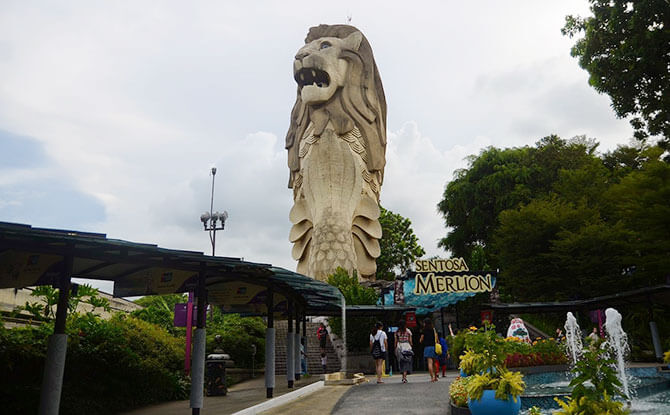
The Sentosa Merlion, the unmissable landmark that stands at the heart of the leisure island in the South of Singapore, is set to cease operations on 20 October 2019. It will be demolished to make way for a new thoroughfare as the island undergoes redevelopment.
Before the Merlion tower washes away into the annals of time, here are some interesting facts about the Sentosa Merlion in Singapore.
Facts about the Sentosa Merlion, Singapore
A Merlion Named Brian?
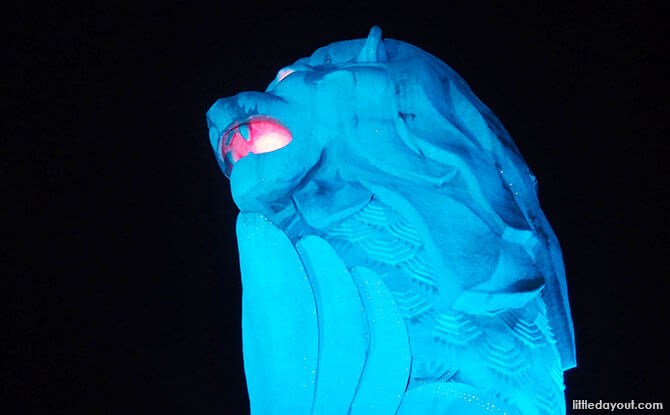
One-quarter the Height of Singapore Flyer
The Merlion at Sentosa stands 37 metres tall. This is the equivalent to a 11-storey building or slightly less than one-quarter the height of the Singapore Flyer. What adds to its elevation is that is built on top of a 23-metre high ridge. It has two observation decks – one at the mouth and another at the top of its head. It is possible to look out as far as Indonesia from the top of the Merlion on a clear day.
Year-end Holiday Camps: Discover Fun and Exciting Camps for Kids; Book Early
Dec Fun: Get the Best Ideas for the School Holidays
The Number Eight
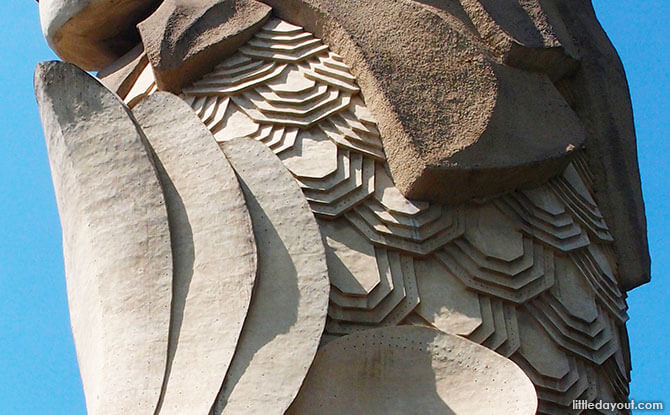
A Mouthful of Meaning
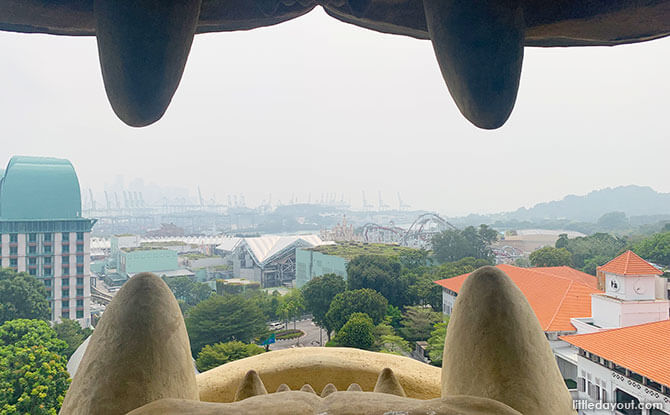
The Sentosa Merlion has four teeth. These are supposed to represented Singapore’s ethnic groups – Malays, Chinese, Indians and Eurasians – and harmonious prosperity for all Singaporeans.
The Tale of the Ascent of the Merlion
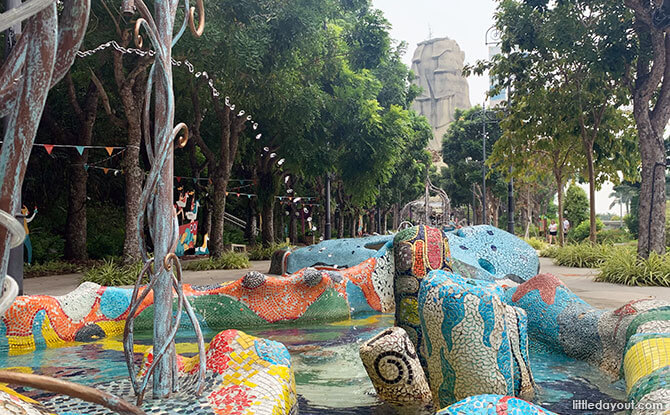
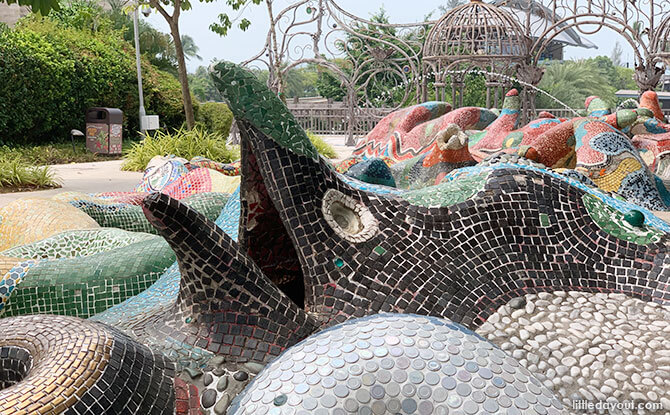
Sources:
“The Rise of the Melion”: Monument and Myth in the Making of the Singaore Story, Brenda S.A. Yeoh and T.C. Chang, from Theorizing the Southeast Asian City as Text, 2003.
Statue of Liberty, Eiffel Tower and ‘Brian?’, Dean Visser, 9 July 1996, UPI Archives. Retrieved on 21 September 2019.
Sentosa Merlion – The Origins, One Faber Group, Retrieved on 21 September 2019.




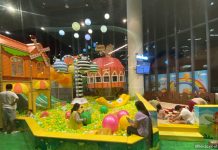


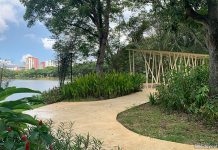





![[Updated] 53 Best Free Outdoor Playgrounds In Singapore For Kids 50 Best Free Outdoor Playgrounds In Singapore For Kids](https://www.littledayout.com/wp-content/uploads/outdoor-playgrounds-01-218x150.jpg)



